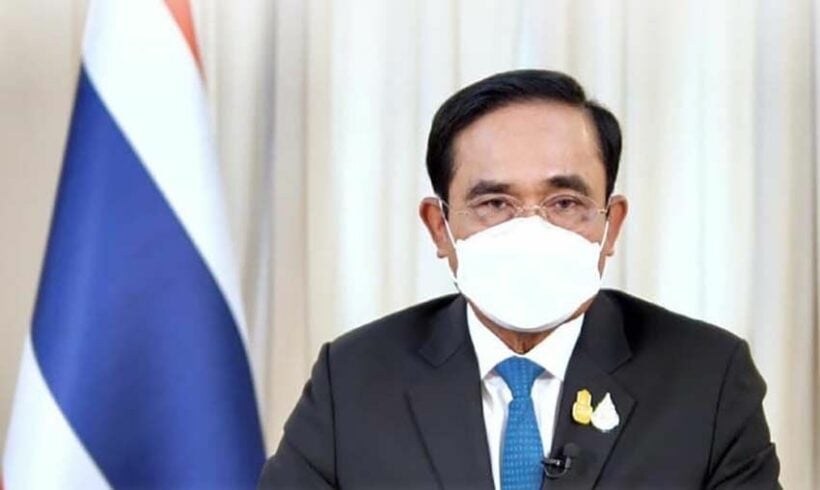Thai PM to visit Saudi Arabia as guest of Crown Prince Mohammad bin Salman

The Thai PM will be in Saudi Arabia tomorrow and Wednesday, invited by its leader, Crown Prince Mohammad bin Salman. Prayut Chan-o-cha’s brief visit was confirmed by a statement from Government House yesterday. According to the statement, the visit aims to promote bilateral ties between both countries.
A statement from the Saudi ministry says the trip is for both governments to coordinate on shared interests, but didn’t go into specifics. Crown Prince Mohammad bin Salman, heir to the Saudi throne and a controversial leader to many, also serves as Saudi Arabia’s Defence Minister.
“The visit comes amid consultations that led to bringing views closer on issues of common interest.”
The Bangkok Post reports that the PM’s visit will constitute the first high-level talks between the Thai and Saudi administrations in over 3 decades. Thailand and Saudi Arabia got into a diplomatic spat following a jewellery theft in 1989. After a Thai janitor stole gems worth around US$20 million from the Saudi royal family, shipping them home to Thailand, relations between both countries turned distinctly frosty. Saudi Arabia downgraded diplomatic relations with Thailand in what was referred to as the, “Blue Diamond Affair”.
While the janitor, Kriengkrai Techamong, was sentenced to 7 years in prison for the theft, the crime remains unsolved, with many of the jewels, including a rare blue diamond, never recovered. According to a Wikipedia entry, there were allegations in Bangkok that Thai government wives had been spotted wearing diamonds very similar to the missing jewels.
The Bangkok Post reports that following the theft, 3 Saudi diplomats in Thailand were assassinated in 3 separate hits on the same night. A witness to one of the shootings, Mohammad al-Ruwaili, disappeared about a month later. In 2014, a senior police officer and 4 other men accused of murdering the Saudi businessman had their case dismissed by a Bangkok court.
The diplomatic freeze with Saudi Arabia has cost billions of dollars in lost bilateral trade and tourism revenue, along with the loss of potential employment opportunities for tens of thousands of migrant workers.
SOURCE: Bangkok Post
Latest Thailand News
Follow The Thaiger on Google News:


























